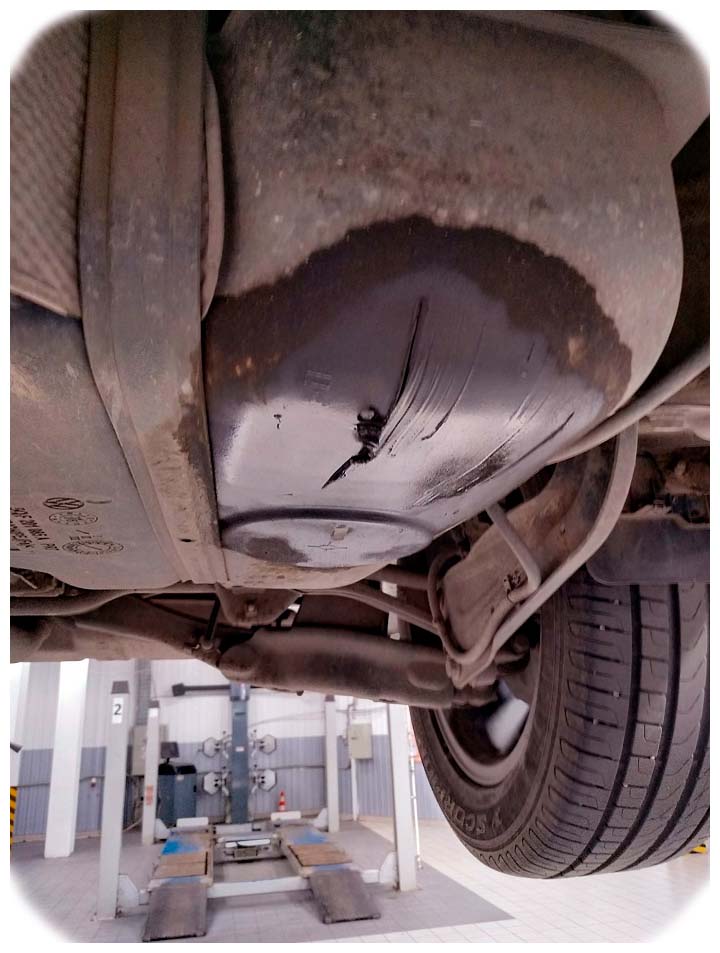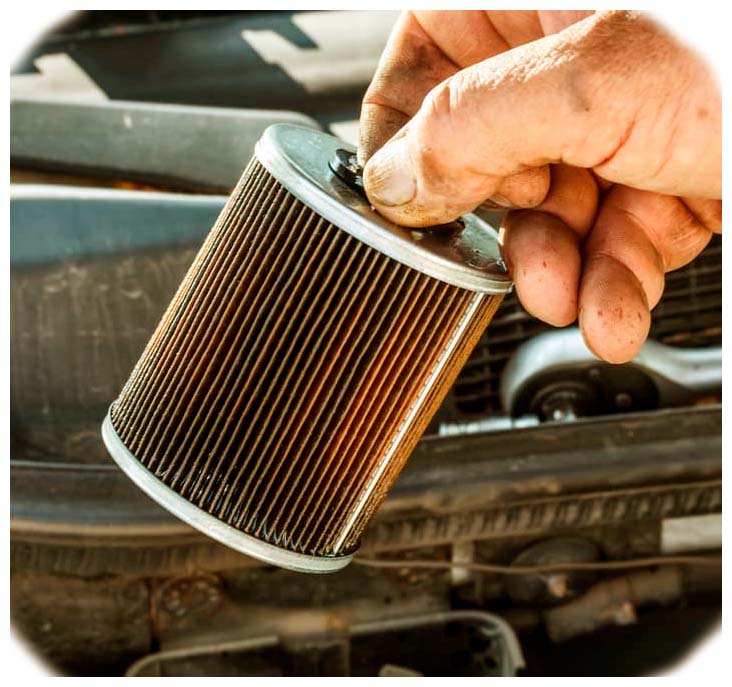When you try to fill your gas tank and nothing happens, it can be a very frustrating experience. If you’ve ever been in this situation, you know how worrisome it can be. Fortunately, diagnosing and fixing the problem is not as difficult as it seems at first glance. In this article, we’ll cover what can be causing a car not to take fuel and how to diagnose these issues so you can get back on the road quickly.
What Causes a Car Not to Take Fuel?
Any number of things can cause a car not to take fuel, including:
-
Faulty Fuel Pump or Blocked Line – A faulty or broken fuel pump or blocked line is one of the most common causes of cars not taking gasoline. The fuel pump sends gasoline from the tank up through the lines which supply each engine cylinder with its portion of gasoline for combustion. If the fuel pump is broken or blocked due to debris such as rust particles, then no gas will make it to the engine cylinders leading to your car won’t start when trying to always put in gas. Also read to understand the difference Fuel Filters and Fuel Pumps.
-
Bad Gasket or Cracked Tank – The gasket between your car’s gas tank and filler cap can become damaged or worn over time, causing a leak. If the gasket fails, gasoline will seep out of the tank instead of filling it up. In addition, if your car’s gas tank is cracked, then no matter how much you try to fill it up with fuel, it will just keep spilling out.
-
Vacuum Leaks or Malfunctioning Intake Valves – Vacuum leaks can cause many issues with your car’s engine and performance, including not allowing the fuel to get into the engine correctly due to a lack of proper air/fuel mixture being produced by the intake valves.
-
Bad Fuel Filter or Damage Line Connectors – A clogged or dirty fuel filter can prevent gas from reaching your car’s engine and result in it not taking any gas at all. Additionally, if any line connectors are damaged or corroded, they may not allow gas to pass through them properly either.
How Can You Diagnose These Issues?
A good way to fix your car that won’t take gas is by diagnosing the issue first:
-
Check the Fuel Pump Pressure – The pressure of your fuel pump should be checked to determine whether it is functioning correctly. This can be done with a fuel pressure gauge. If the pressure is too low, then it may be due to a faulty fuel pump or blocked line.
-
Inspect the Fuel Fill Port, Gasket, and Tank – You should inspect the fuel fill port, gasket, and tank for any signs of damage or wear and tear which could be causing a leak. If you find any issues with these components, then they should be replaced before you attempt to fill up your car’s tank again.
-
Test for Vacuum Leaks – To test for vacuum leaks use a vacuum tester or an electronic leak detector to look for any areas of air escaping from the engine’s intake system which could be leading to poor performance due to improper air/fuel mixture being produced by the intake valves.
-
Examine the Fuel Filter – The fuel filter should also be checked to make sure that it is not clogged or dirty, as this could prevent gasoline from reaching your engine’s cylinders properly leading to its inability to always take on gas.
-
Inspect Line Connectors – Any line connectors should also be inspected to ensure that they are in good condition and not corroded or damaged in any way, as this could also prevent gasoline from getting to the engine properly.
Troubleshooting Tips
When troubleshooting a car that won’t take gas, it is important to use caution. Make sure that you are wearing proper safety gear such as gloves, goggles, and a face mask while working with gasoline and related components of your car. Additionally, never attempt to fix any issue with your car’s fuel system on your own if you do not have the proper knowledge or experience with automotive repair. If the problem persists after attempting to diagnose it yourself, then it is best to seek out professional help from a mechanic or auto repair shop.
Conclusion
If your car won’t take gas there can be several causes behind this issue including faulty fuel pumps or blocked lines, bad gaskets or cracked tanks, vacuum leaks or malfunctioning intake valves, and bad fuel filters or damaged line connectors. Fortunately, these issues can all be diagnosed relatively quickly and easily with some basic tools and knowledge of how these components work together within the fuel system of a vehicle so that you can get back on the road as soon as possible.


 Bad Gasket or Cracked Tank – The gasket between your car’s gas tank and filler cap can become damaged or worn over time, causing a leak. If the gasket fails, gasoline will seep out of the tank instead of filling it up. In addition, if your car’s gas tank is cracked, then no matter how much you try to fill it up with fuel, it will just keep spilling out.
Bad Gasket or Cracked Tank – The gasket between your car’s gas tank and filler cap can become damaged or worn over time, causing a leak. If the gasket fails, gasoline will seep out of the tank instead of filling it up. In addition, if your car’s gas tank is cracked, then no matter how much you try to fill it up with fuel, it will just keep spilling out. Test for Vacuum Leaks – To test for vacuum leaks use a vacuum tester or an electronic leak detector to look for any areas of air escaping from the engine’s intake system which could be leading to poor performance due to improper air/fuel mixture being produced by the intake valves.
Test for Vacuum Leaks – To test for vacuum leaks use a vacuum tester or an electronic leak detector to look for any areas of air escaping from the engine’s intake system which could be leading to poor performance due to improper air/fuel mixture being produced by the intake valves.
Add Comment